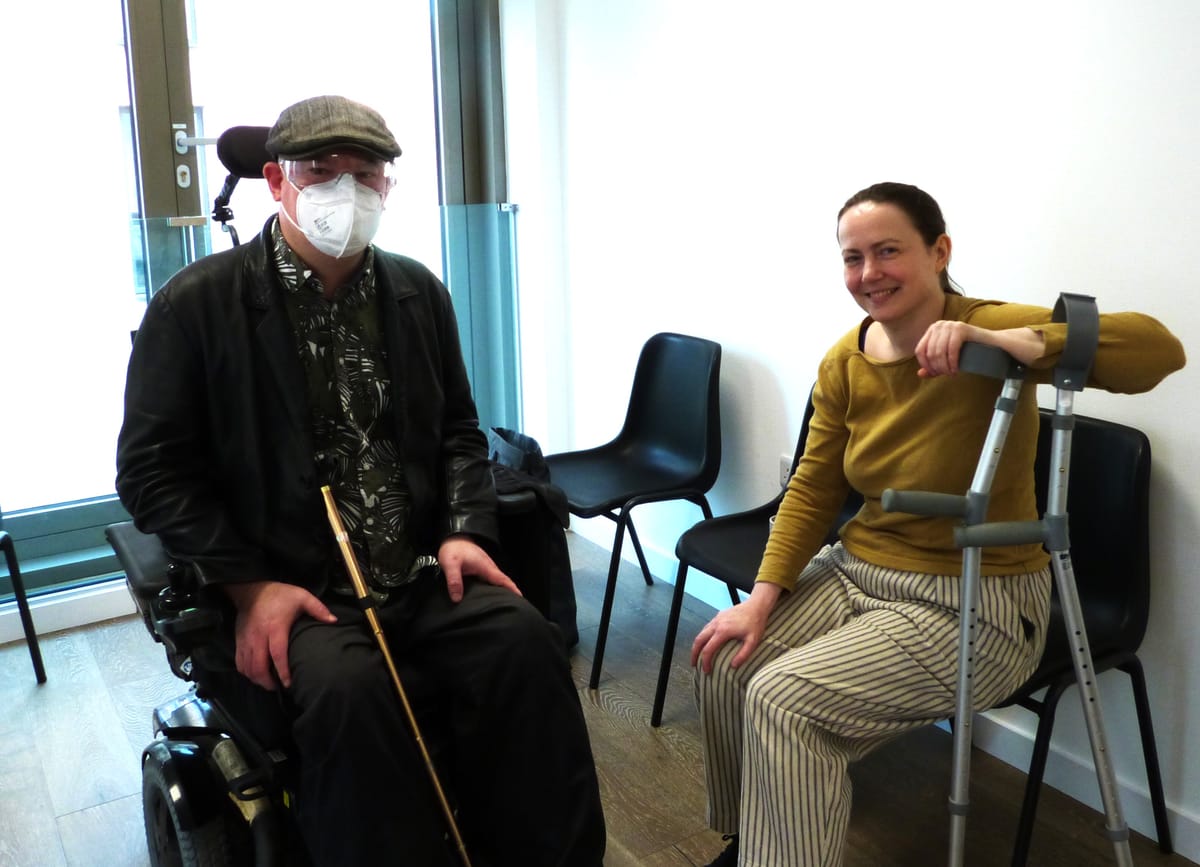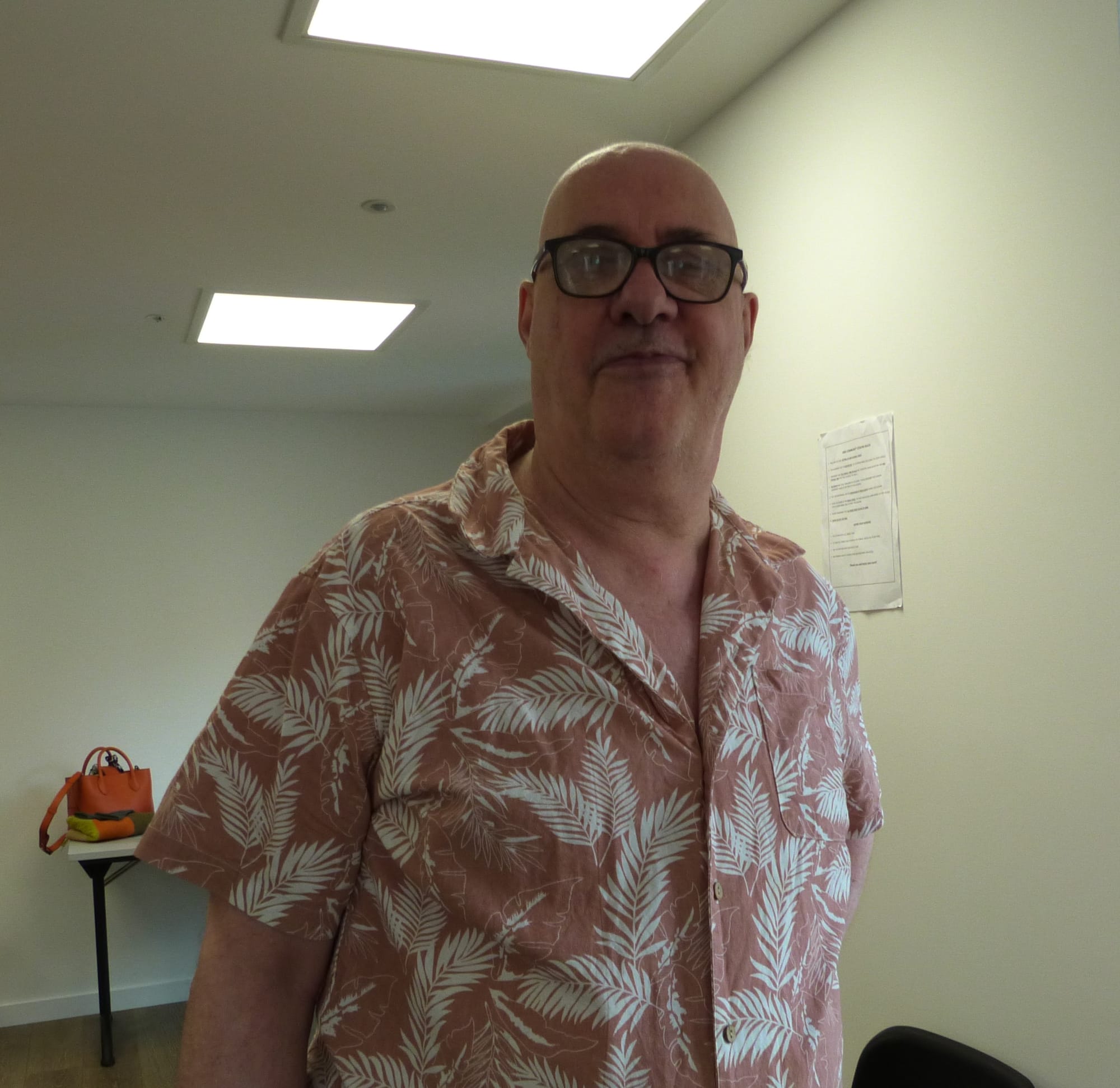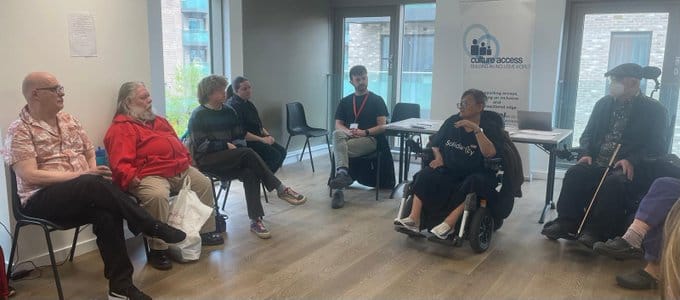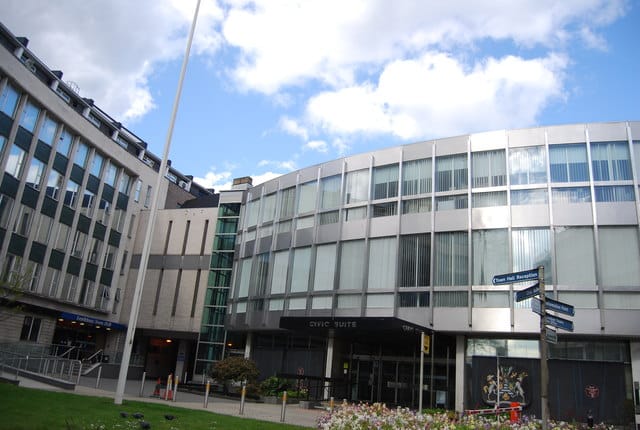Disability benefits cuts "do nothing to address the real barriers to work"
Disabled people say the cuts will cause severe hardship for those who cannot work, make life harder for disabled people who are in work .. and do nothing to address the real barriers to work that disabled people face.

Disabled people, carers and disabled people's organisations, Metro GAD, Inclusion London and culture access, met at a community centre in Greenwich to consider their response to the government's green paper - Pathways to Work: Reforming Benefits and Support to Get Britain Working.
Rachel Reeves announced government plans to slash benefits in her spring statement on 26th March. Disabled people will be hit hardest - at least 800,000 people will lose their Personal Independence Payment (PIP), 3.8 million disabled people will lose some of their money and 150,000 people will lose carer's allowance.
Fear and worry over losing PIP
Attendees shared their worries about the impact of losing PIP, unsure how they would afford basic living expenses and the extra costs related to their disability.
Extra costs may include visits from carers to help with daily activities such as washing, cooking or going to the toilet, and other day to day expenses such as longer showers or incontinence pads.
Phillip was at the meeting on behalf of his partner Andrina, who is trans. She has severe COPD, cannot walk and needs help with daily tasks including cooking and washing. In addition, she suffers from depression and anxiety.
Phillip is retired, while Andrina cannot work due to illness. Phillip said she's intelligent, quick-witted and university-educated. "She's very ill, it's not her fault," he said. "If she weren't ill, she would be working."
The couple are very worried that Andrina will lose disability benefit under the new points system.

"An underlying assumption that disabled people are faking"
Richard Amm is a disability researcher and was part of Lewisham Disabled People's Commission, which reported in 2023. The commission found widespread unmet care and housing needs among disabled people across Lewisham.
"The only way the government's logic - that cutting benefits will help disabled people find jobs - works, is with an underlying assumption that disabled people are faking their disabilities," he said.
The government paper highlights the rise in benefits claims since the pandemic, without analysis of why that might be. Amm argues that the cuts are targeting those with long Covid and depression.
"Mental health patients are just not at the table. The proposals will hit neurodivergent and mental health patients most of all," commented another attendee.
They added that young people, a group whose life chances were particularly damaged by the Covid pandemic, will lose out further as they will no longer be eligible for the health component of Universal Credit.
"Not addressing the real barriers, which are what work is"
The government green paper says it is "tearing down barriers to work" and that the changes will "unlock work."
Disabled people at the meeting said that couldn't be further from the truth.
"They are not addressing the real barriers, which are what work is – the things that we’ve told them, as disabled people, repeatedly, would make a difference," said Julia Modern, from Inclusion London.
Labour has already abandoned the Conservatives' pledge to put accessibility at the heart of rail policy, Amm said. "A lot of transport just isn't accessible for disabled people."
He noted that one in four businesses do not have step-free access. There is no government enforcement of building access regulations, making many businesses inaccessible to disabled people.
He added that fully remote work, where there is no requirement to visit the office, is rare. Companies always have the option of saving money by off-shoring it. "So all that work ends up drying up."
The government fails to acknowledge that many disabled people have unpredictable conditions, he said. "Where is the job where you can be late sometimes, where you might have to call in sick two days a week, because you're too ill? Or that is flexible with working from home?"
Modern recounted challenges she faced: "I live with a chronic illness. And because of that illness, I have to work part-time," she said.
"Currently I am employed three days a week. I can't work more than that. It's incredibly difficult to find a job that you can do three days a week. Particularly not at very low pay and entry level.
"The vast majority of jobs are advertised as full-time," she says. "If you contact them and say, would you consider me part-time, they just say no."

"Minister has misled MPs" about the impact
Modern says that MPs are reassuring disabled constituents, saying that 90% of people who receive PIP will not be affected by the change. But she argues that this estimate which was provided by Minister Stephen Timms to MPs, is misleading, and the true figure of those affected is much higher.
The figure of 90% ignores people who apply for PIP between 2026 and 2030 who would been successful in getting PIP under current rules, but under the new rules will now not qualify for it.
The Office of Budget Responsibility (OBR), which provided the estimate, did not include this group.
The OBR also assumed that most of the 1.5 million people who currently receive PIP and will lose it, will then go on to appeal and be successful.
"All of the people who apply in the future are affected, and all the people who have to go through a really stressful process of appealing and getting their PIP back are affected as well," says Modern.
The OBR's assumption that the majority of disabled people who have PIP removed and who manage to appeal will be successful, raises concerns about the government's approach. Is "cut-first, ask questions later" a deliberate strategy and if so, how does the government justify the stress and financial hardship it will cause?
"Totally betrayed" by Labour
There was disappointment that Labour MP for Greenwich and Woolwich Matthew Pennycook had not engaged with the group, despite multiple invitations to attend the meeting.
Phillip said he understood that the government needed to raise money, but asked why it was not considering the alternatives.
"There should be a wealth tax. People voted for Labour on the basis that the poor and disadvantaged would be represented.
They've been totally betrayed."
Metro GAD was formerly Greenwich Association of Disabled People and offers advice, information and advocacy.



